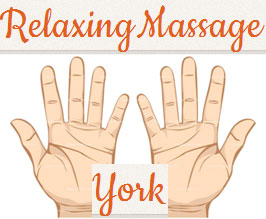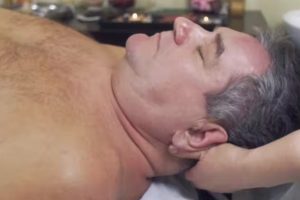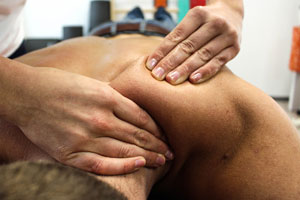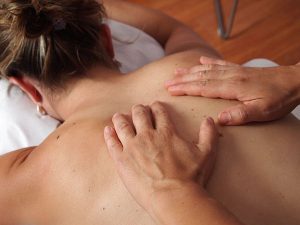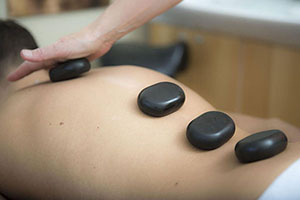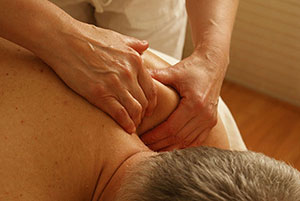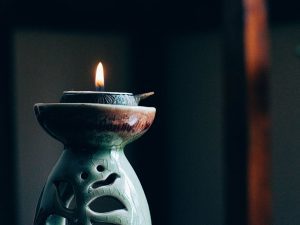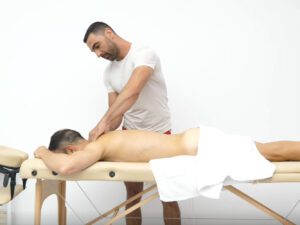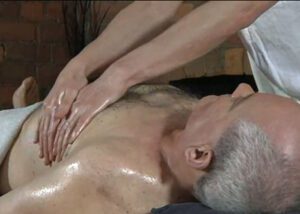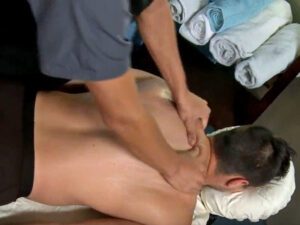Reiki Evidence: A Promising Therapy for Improved Well-being & Happiness
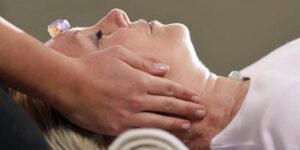 There is evidence that Reiki’s may be able to improve quality of life and overall wellbeing in challenging circumstances and it is increasingly hard to ignore. Research has highlighted the positive effects Reiki can have on quality of life for patients with blood cancer. Also even long-distance Reiki sessions have been found to offer possible holistic benefits. What’s more, Reiki may be more effective than a placebo in boosting mood and well-being. I will put forward Reiki evidence and discuss its promise as a therapy for improved well-being. It may help you too so book in for your treatment today.
There is evidence that Reiki’s may be able to improve quality of life and overall wellbeing in challenging circumstances and it is increasingly hard to ignore. Research has highlighted the positive effects Reiki can have on quality of life for patients with blood cancer. Also even long-distance Reiki sessions have been found to offer possible holistic benefits. What’s more, Reiki may be more effective than a placebo in boosting mood and well-being. I will put forward Reiki evidence and discuss its promise as a therapy for improved well-being. It may help you too so book in for your treatment today.
What is Reiki & How Can it Work for Me?
Reiki is a Japanese hands-on, touch therapy that can help to balance the body’s energy and promote relaxation. This in turn can help to reduce stress and improve overall well-being. During a Reiki session, the practitioner places their hands on or near the patient’s body in a series of positions, clearing energy (chi) channels in the patient’s body. Some people report feeling a warm or tingling sensation during the treatment. While the exact mechanisms of Reiki are not yet fully understood, there is growing evidence to support its effectiveness in improving the quality of life in those with chronic illnesses and difficult circumstances. Additionally, some studies have found that Reiki may be more effective than a placebo in improving mood and overall well-being. Overall, Reiki is a promising therapy that offers a non-invasive, holistic approach to health and well-being.
Evidence Reiki Can be Effective in Improving Quality of Life in Blood Cancer Patients
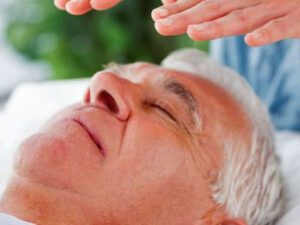 Reiki is a complementary therapy that involves the practitioner using their hands to transfer energy to the patient, with the aim of promoting healing and relaxation. Research has suggested that Reiki can be beneficial in a range of different contexts, including for people with blood cancer. One study published in the Journal of Evidence-Based Complementary and Alternative Medicine examined the effects of Reiki on the quality of life in patients with blood cancer. The study included 103 participants, who were randomly assigned to either a Reiki treatment group or a control group that did not receive Reiki.
Reiki is a complementary therapy that involves the practitioner using their hands to transfer energy to the patient, with the aim of promoting healing and relaxation. Research has suggested that Reiki can be beneficial in a range of different contexts, including for people with blood cancer. One study published in the Journal of Evidence-Based Complementary and Alternative Medicine examined the effects of Reiki on the quality of life in patients with blood cancer. The study included 103 participants, who were randomly assigned to either a Reiki treatment group or a control group that did not receive Reiki.
Results of the study showed that the Reiki group tended to reduce symptoms of illness following treatment, while the non-Reiki group experienced an increase in symptoms. The study concluded that Reiki appears to be an effective and safe option for improving well-being in patients with blood cancer. These findings support the inclusion of Reiki into national health services as an adjunct therapy for patients undergoing cancer treatments. While further research is necessary to confirm these findings, they suggest that Reiki could be a valuable addition to traditional medical treatments for cancer.
For those undergoing cancer treatment, Reiki has the potential to alleviate symptoms and improve quality of life, while providing a holistic approach to care that focuses on both the physical and emotional aspects of health.
Distant Reiki Sessions Can Increase Holistic Well-Being
A study in February 2022 examined the impact of distant Reiki on the holistic well-being of healthy people. 170+ healthy people in Turkey joined 4 20-minute distant Reiki sessions for 4 days consecutively. Test data was collected before and after using well-known scales. There was a statistically significant difference between pre and post-intervention. It seems distant Reiki sessions can enhance clients’ holistic well-being. It could also aid them in changing to have a more happy mood, experience and feel reduced sadness, and develop added general mental understanding. So if it can do this sort of thing for those already healthy imagine what it may be able to do for you.
How Reiki Compares to Placebos in Improving Mood & Well-Being
 When it comes to alternative therapies, some sceptics may wonder if Reiki really has any effect on a person’s mood and overall well-being. Fortunately, research has shed some light on this topic, showing that Reiki can be more effective than placebo treatments in improving one’s quality of life.
When it comes to alternative therapies, some sceptics may wonder if Reiki really has any effect on a person’s mood and overall well-being. Fortunately, research has shed some light on this topic, showing that Reiki can be more effective than placebo treatments in improving one’s quality of life.
In a 2017 study that reviewed multiple studies on Reiki, it was found that 8 out of the studies indicated that Reiki was more effective than a placebo. This means that there was a noticeable improvement in the well-being of participants who received Reiki treatments, and this improvement could not be explained simply by a placebo effect. One reason for this improvement is that Reiki has been shown to activate the parasympathetic nervous system, which can promote relaxation and a sense of calm. This can help to reduce stress and anxiety, leading to an improved mood and overall well-being.
Compared to placebos, which can even involve receiving a fake treatment that is not expected to have any real effect, Reiki is a safe and gentle complementary therapy that has the potential to activate the body’s own natural healing processes. While more research is needed to fully understand the mechanisms behind Reiki’s effectiveness, the evidence so far suggests that it can be a promising therapy for those looking to improve their quality of life and well-being.
Reiki's Effect on Anxiety & Depression Can Benefit Mood & Well-Being
For students dealing with anxiety and depression, Reiki could be a promising therapy to improve their well-being. A study conducted on 35 randomly assigned students showed that those who received Reiki sessions along with self-hypnosis and guided relaxation had reduced symptoms of stress and illness after the intervention, while the other group had an increase in the same.
Moreover, the Reiki group reported being in a better mood after the sessions and their overall well-being was heightened. These findings were consistent with other studies conducted on Reiki, which showed that it has a positive effect on individuals dealing with high levels of anxiety and depression.
So, if you are struggling with anxiety and depression, it may be worth exploring Reiki as a potential therapy to improve your mood and overall well-being. Reiki is a non-invasive therapy that involves the laying of hands on or above the body to channel energy. It is believed to promote healing and balance by activating the body’s natural healing processes. More Evidence is coming to light that says Reiki can improve quality of life & well-being in difficult circumstances.
